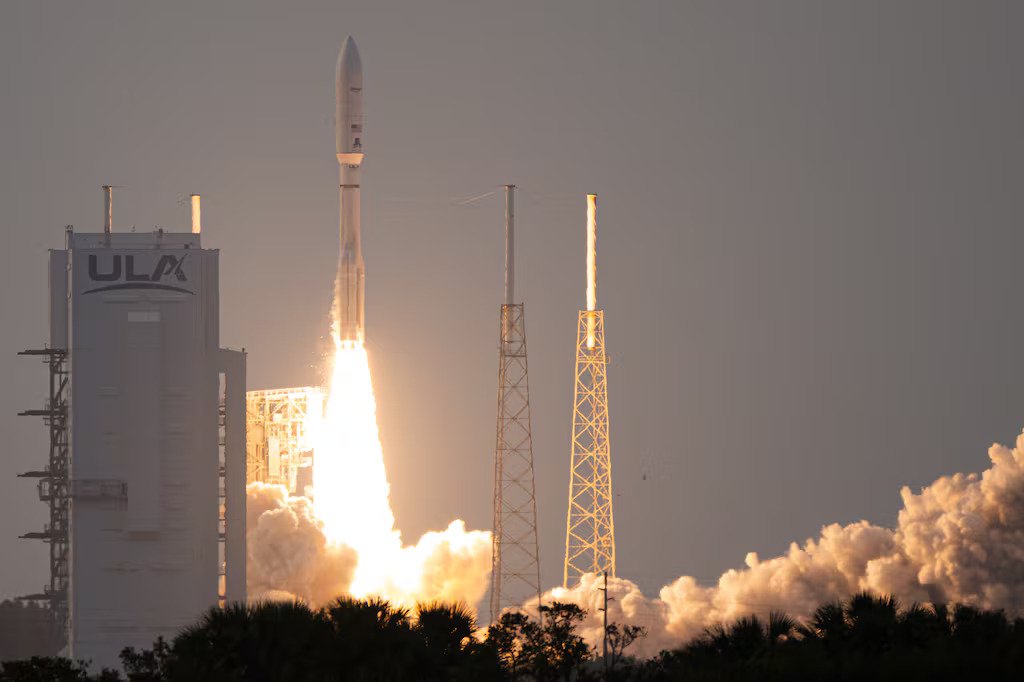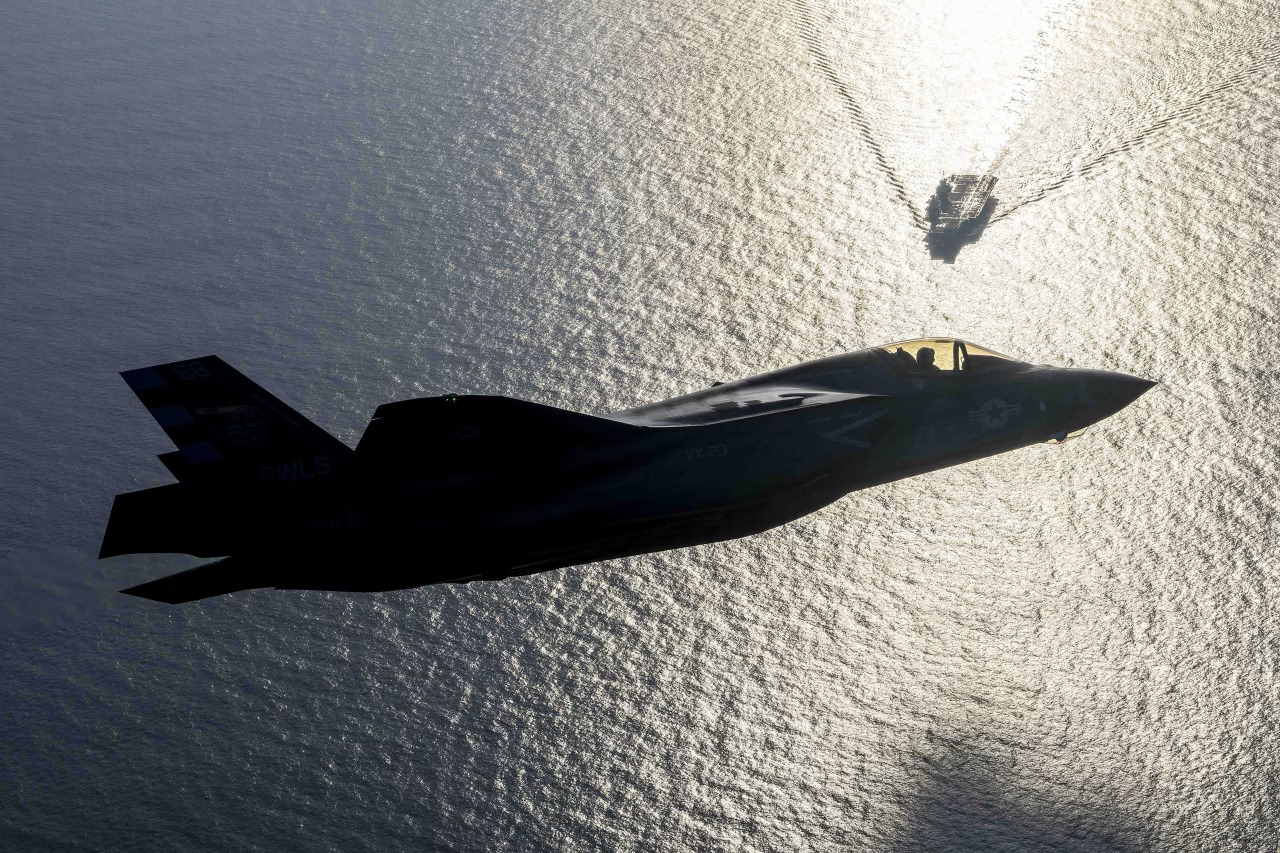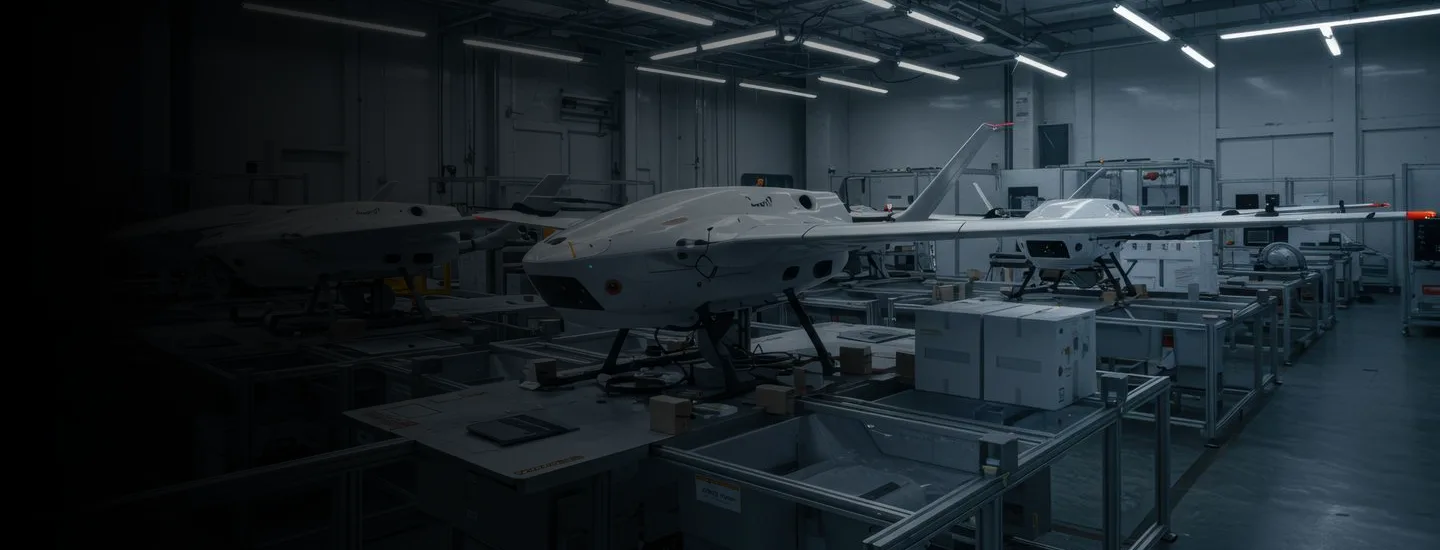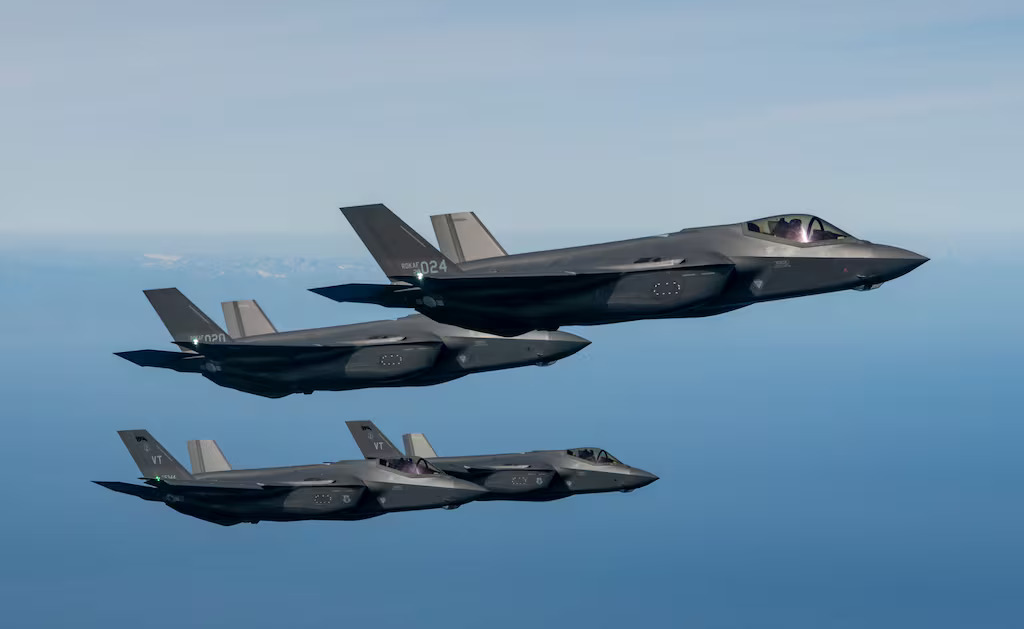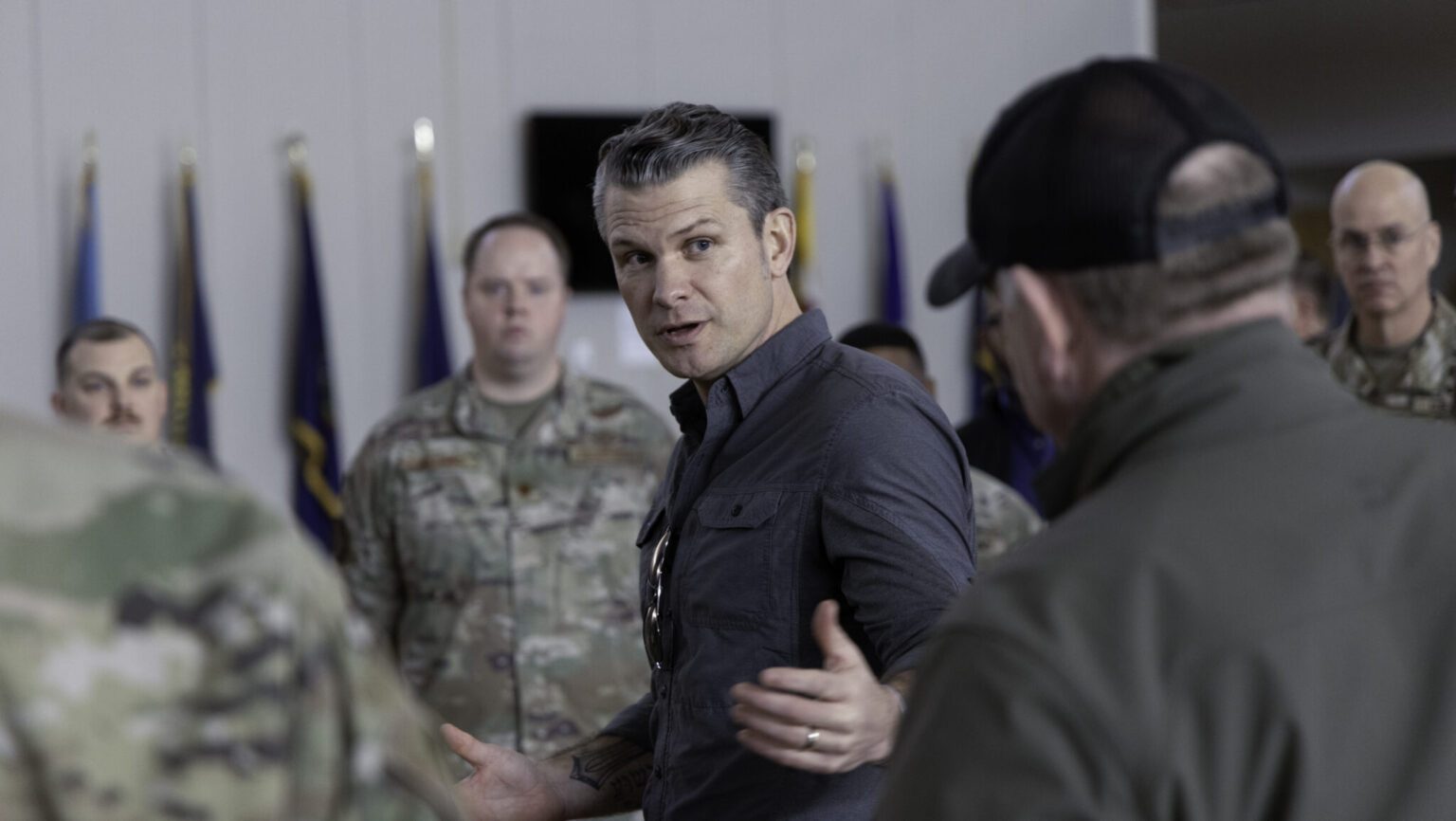TAMPA, Fla. – The secretary of defense championed special operations forces as a key leader in the Pentagon’s priorities of maintaining high standards and meeting threats with asymmetric tools.
“Special Operations have never been more important in our country,” Defense Secretary Pete Hegseth said at the annual Global SOF Foundation Special Operations Force Week in Tampa.
Hegseth noted that over the past three years SOF-specific missions have risen by 200%. And over the past six months, SOF units have killed 500 enemy combatants and captured another 600 in operations throughout the globe, Hegseth said.


